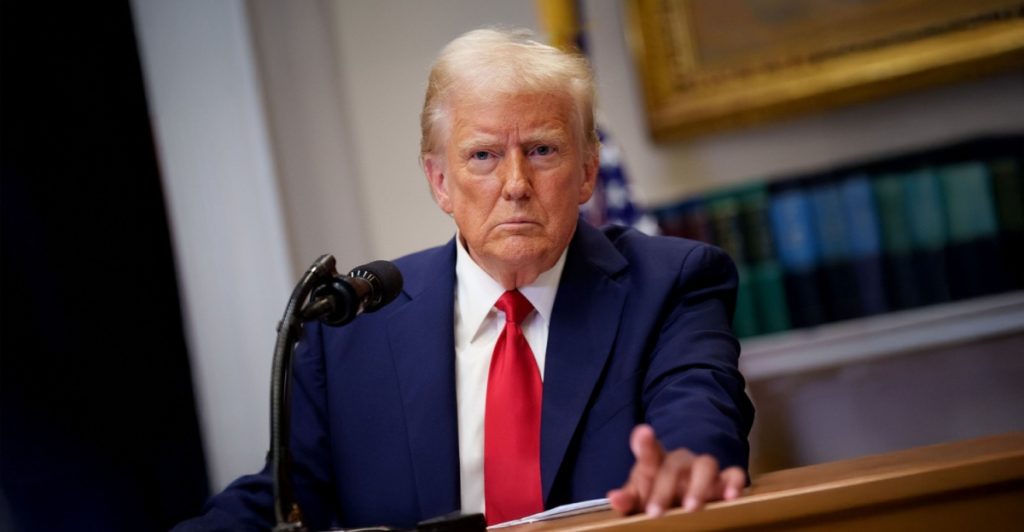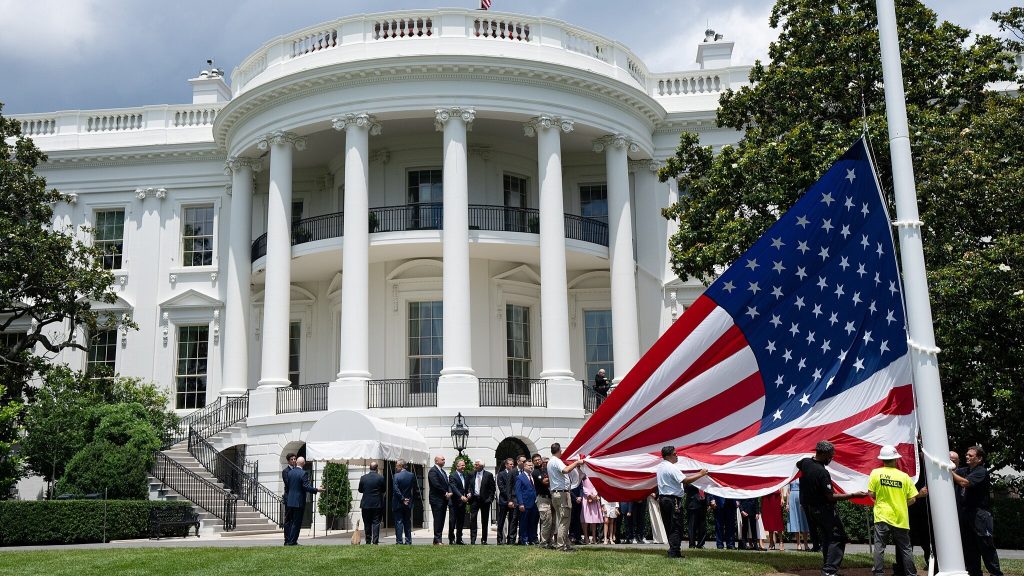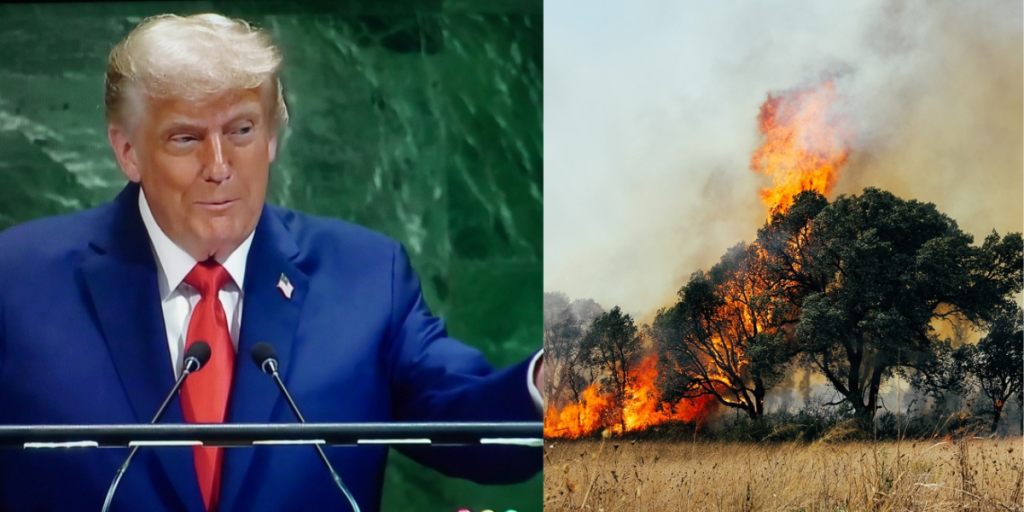Can Global Climate Action Advance Without US Leadership?
Others are reading now
Can Global Climate Action Advance Without US Leadership?
Climate Talks Without the Superpower

The world has spent decades urging the United States to lead on the climate crisis — or at least to show up. Now, as crucial UN climate talks take place in Belém, Brazil, many diplomats quietly hope the opposite: that Washington stays away. Instead of acting as a partner, the current US administration has turned climate policy into a battlefield, attacking climate action at home and abroad.
Against that backdrop, the question at Cop30 isn’t just how to cut emissions — it’s how to move forward when the world’s largest historical emitter is actively pulling in the other direction.
From Reluctant Partner to Open Spoiler

According to the Guardian, under Donald Trump the US has shifted from inconsistent climate leadership to open hostility. The president has called climate change “the greatest con job ever perpetrated on the world” and used UN platforms to urge nations to abandon what he calls a “green scam” in favor of fossil fuels and “traditional energy.”
The White House has announced that no high-level US representatives will attend Cop30, saying Trump will not “jeopardize” US economic and national security for “vague climate goals.”
Also read
Former US negotiators quoted in the article describe this as a new low: in past eras there was neglect or skepticism, but now the US is described as actively trying to block climate progress, even “to the right of Saudi Arabia” on basic climate language.
Bullying Behind the Scenes

The Guardian reports that other countries fear not just US absence, but US interference. At recent talks in London over a modest levy on greenhouse gas emissions from shipping, US representatives were accused of using “bully-like” tactics: warning of higher port fees and even possible US visa issues for negotiators and their families if they supported the measure.
Trump denounced the plan as a “global green new scam tax on shipping,” and the pressure campaign helped delay the pollution fee by at least a year. Climate advocates quoted in the piece warn that similar “Al Capone–style” tactics could be deployed at Cop30, particularly against European efforts to tax imports based on their carbon footprint.
For many nations, the calculation is blunt: no US presence may be safer than a US delegation determined to wreck any deal.
Fossil Deals, Global Momentum, and a Leadership Void

According to the Guardian, Trump has embraced a “drill, baby, drill” agenda, cutting domestic climate policies, attacking wind power, and striking deals to boost US oil and gas exports to partners such as Japan, South Korea and the European Union.
Also read
Yet global clean energy deployment is still accelerating: the International Energy Agency projects nearly 4,600 gigawatts of new clean power by 2030, roughly double the capacity installed in the previous five-year period.
The article notes that, while this US administration cannot stop the overall shift toward renewables, its stance deepens a broader malaise in climate politics: governments distracted by inflation, underfunded climate finance, and warming of well beyond the 1.5°C goal.
Small island states and vulnerable countries warn that they lack the resources to recover from storms like Hurricane Melissa, likely intensified by a hotter ocean and atmosphere, and say the US withdrawal leaves a leadership vacuum that must be filled by others.
What We’ve Learned

This analysis paints a picture of Cop30 unfolding in a strange political climate: a world accelerating toward clean energy while many leaders, especially in the US, retreat from climate responsibility.
Rather than simply ignoring the crisis, the current US administration is portrayed as actively undermining international efforts, from shipping levies to European carbon border measures. Yet local and regional actors from the US — governors, city leaders, and some members of Congress — still plan to attend, insisting that large parts of the country remain committed to climate action.
Also read
The summit becomes not only a negotiation over emissions, but a test of whether global momentum can continue even when a superpower government is working against it.
A Heating World, a Shrinking Window

Cop30 takes place in a world where climate impacts are no longer predictions but daily realities: stronger storms, hotter oceans, and mounting losses for those who did the least to cause the problem.
One administration’s hostility cannot halt physics, but it can waste precious time in a window that scientists say is rapidly closing. The challenge for countries in Belém is to hold their nerve — to keep pushing for deeper cuts, fairer finance, and faster transitions, even without US leadership.
The climate crisis will not pause for political cycles, and the temperature in the negotiating halls is now matched by the heat outside. The real question is whether global action can accelerate fast enough to match the urgency the science makes impossible to ignore.


